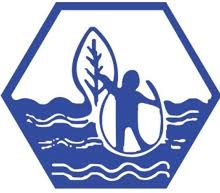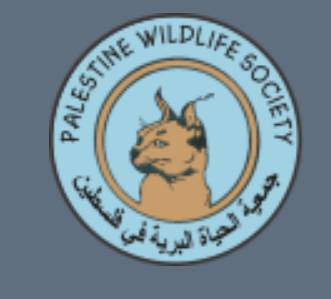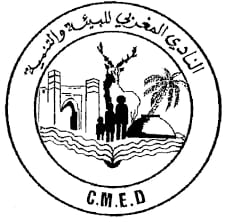SIDUMEF
Sustaining Intercultural Dialogue through deeper Understanding of Mediterranean Foodscope
Did you know that the Mediterranean diet is included in the UNESCO List of the Intangible Cultural Heritage of Humanity? Over the years, the Mediterranean food and diet as “products” of the interchange among cultures and landscapes have stayed away from tension and have always worked as a “bridge” that connects and inspires people. However, most of the available educational resources focus on their health aspects, leaving out their huge potential for intercultural dialogue.
SIDUMEF will co-create new open educational resources with the objective of fostering awareness among educators, youth and citizens on the tangible and intangible heritage of the Mediterranean diet. Ultimately it aspires to improve the “perceptions of the other” by exploring the different food cultures as well as the common responsibilities of sustainable consumption and production.
OBJECTIVES
- To raise awareness on the Mediterranean food products and diet and related intangible cultural heritage and goods -customs, traditions, culinary practices/tools, ceremonies, and values, as a means for the promotion of Intercultural Dialogue and Sustainability.
- To improve “perceptions of the other” particularly among the youth of the Mediterranean countries exploring cultures and traditions related to food, tracing similarities and differences.
- To contribute in transfer of experiences, know-how and competencies on Intercultural Dialogue for Sustainability.
- To facilitate access to intercultural educational resources across the Euro-Mediterranean region.
partners
Mediterranean Information Office
Festambiente (Legambiente)
Arab Office for Youth and Environment
Palestine Wildlife Society
Club Marocain pour l’environ-nement et le Développement
Associated Partners
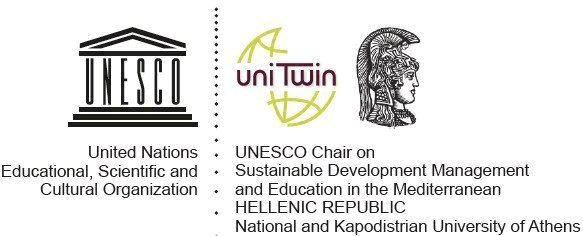
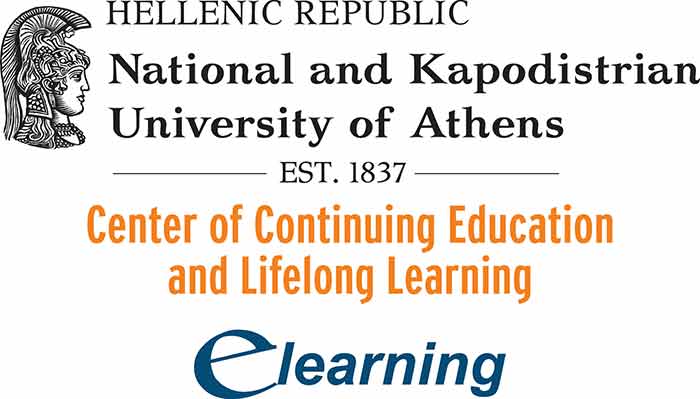
key activities
- Co-creation of a handbook resource (in pdf format) addressing people aged from 15 years old, that can be utilised in a variety of formal and non-formal learning settings as well as for awareness raising of the public, in general.
- Development of a massive open online course (MOOC)- on a pillot basis – to foster understanding of sustainability and intercultural dialogue based on key content of the handbook.
- Awareness raising events for formal and non-formal educators, youth trainers and the general public in all Partners’ countries (see below Partners’ Events).
duration
10 months, November 2020 -August 2021
supporters
The project is supported by the Anna Lindh Foundation, (ALF/CFP/2020/ICD/215) as well as by MIO-ECSDE and Partners resources.
Kick off Meeting, 25 November 2020
SIDUMEF partners came together virtully and discussed about the projects and the steps to follow. A lot of brainstorming and exchange happen regarding the new educational resource in terms of content, format and key messages. More information here
Coordination Meeting on February 2, 2021
The partners held their Coordination Meeting on February 2, 2021 (via zoom). The meeting offered them the chance to discuss on the first compilation of their inputs; identify overlaps as well as gaps in the draft so far. They also elaborated on how to ensure balance on all related aspects of food presented: between the historical aspect and current trends arised, the socio-cultural context and the environmenta dimension, health, etc. Read more here
Webinar for Greek Teachers on raising & Mediterranean Food & ESD, 14 April
SIDUMEF was presented in a Webinar for Greek teacher by Prof M.Scoullos on April, introducing the trainees to the overall context of Med.food, and particuarly the vine and raisin within Education for Sustainable Developement (ESD). Read more here.
SIDUMEF EVENTS IN THE PARTNERS COUNTRIES
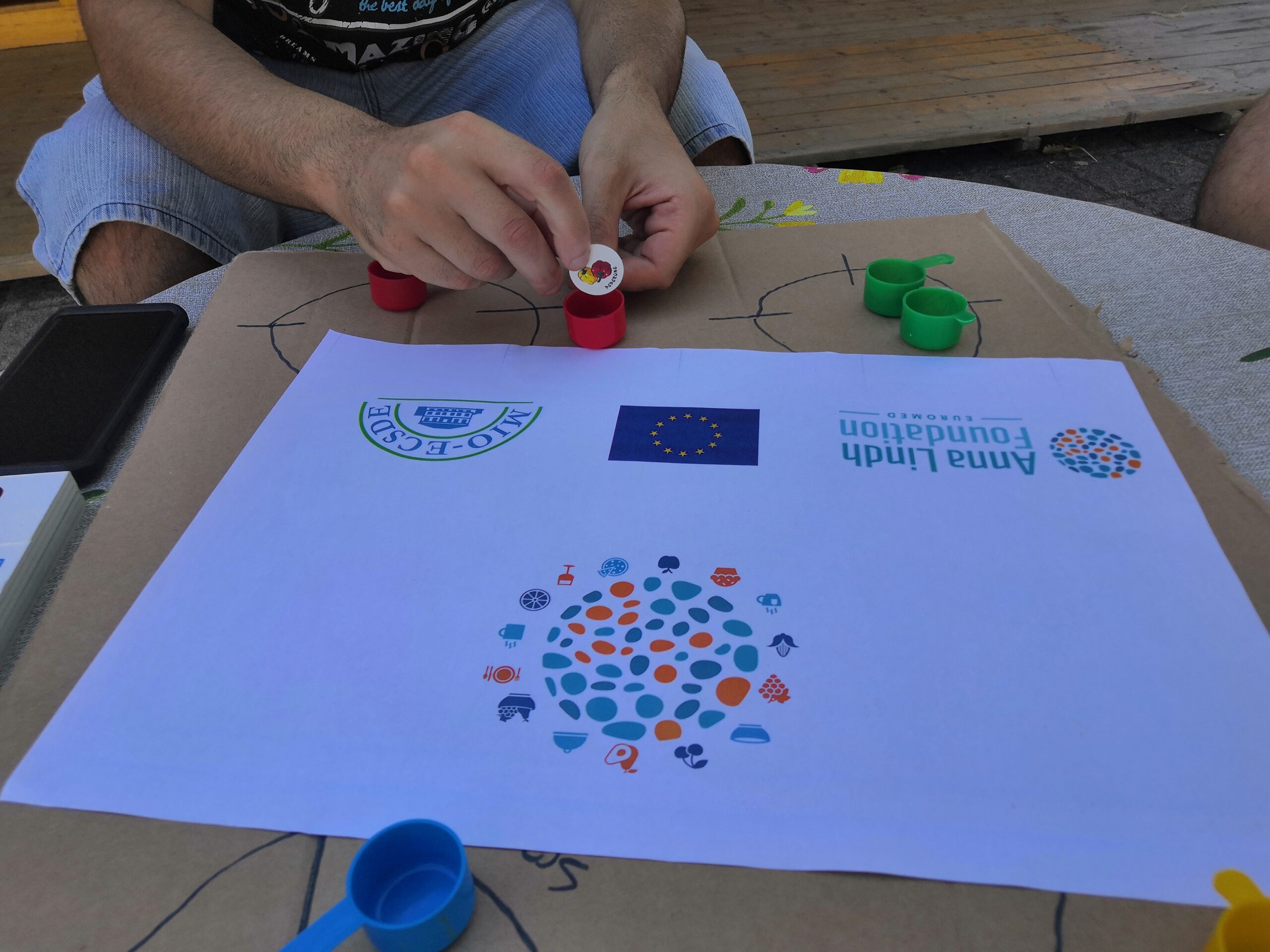
FESTAMBIENTE events in Italy
A 2-days workshops entitled: “Parla come mangi – SIDUMEF” (Speak as you eat!) was organized on 18 and 19 August, within the XXXIII edition of the FESTAMBIENTE Environmental Festival gathering engaging 20 children in hands-on activities, inspired by the SIDUMEF Handbook. They were organized within the Pavilion dedicated to the Agro-ecology where several producers and organic firms exposed their products and told innovation projects. Two more related events were held on 21 and 22 of August, during which the participants (general public) were introduced to the SIDUMEF project.
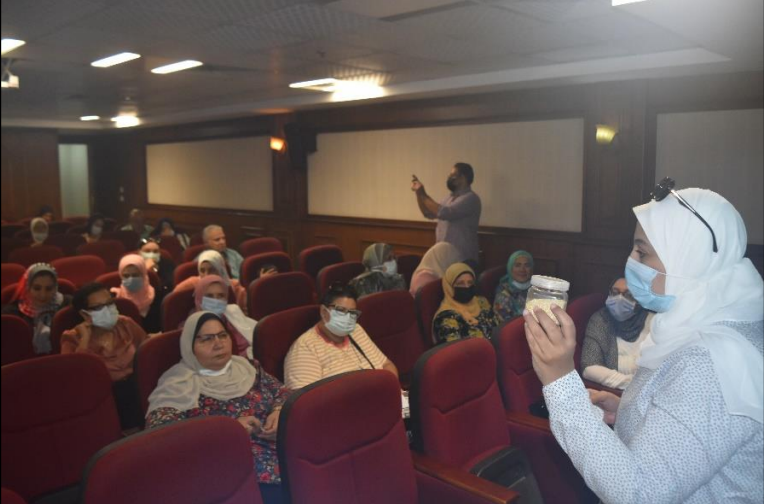
AOYE Event in Egypt
The Arab Office for Youth & Environment organized an interactive (live) seminar on 23 August 2021 with the participation of 43 people representing the Ministry of Environment, the educational sector, NGOs, media and students! During the seminar the participants discussed on topics related to food waste, Mediterranean diet today and sustainable food consumption and explored ways of how to best utilise the SIDUMEF resource handbook with school students, youth groups, and citizens.
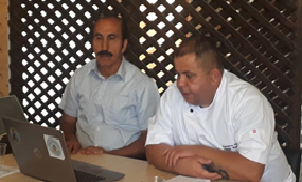
PWLS event in Palestine
The Palestine Wildlife Society held on 24 August 2021 a special dialogue (via zoom) session on the Mediterranean food heritage, intercultural dialogue and sustainability within SIDUMEF Project, gathering 25 participants: citizens, NGO representatives, youth and enterpreneurs. The meeting was addressed by Ms. Fadwa El Shaer, President of the ALF Palestine network stressing the importance of such a project. At the end, two well-known Palestinian chefs highlighted how traditional Palestinian foods and recipes are ‘transformed’ into a modern format while preserving the original cultural heritage.
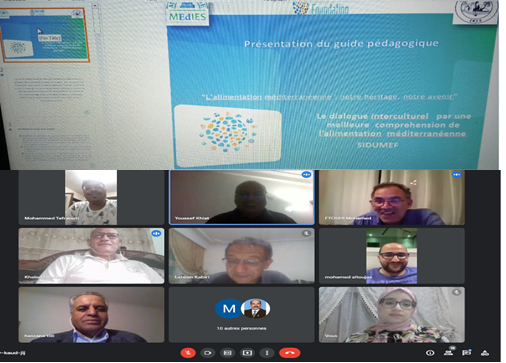
CMED event in Morocco
Club Marocaine pour l’environnment et development durable organised an interactive webinar gathering 41 educators (formal and non-formal) and university professors (30 August 2021). The webinar aimed to introduce the educators to the SIDUMEF handbook, to discuss the ways in which educators can use it within their teaching contexts and how to engage the students and youth to a lively intercultural dialogue within their country and beyond. Read the Press Release.
THE RESOURCE HANDBOOK
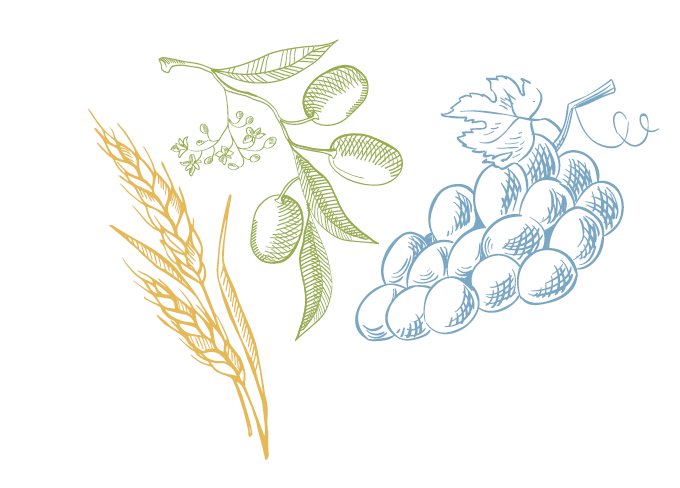
background
SIDUMEF is building on the legacy of a previous awarded ALF Project “Mediterranean food: Historical, Environmental, Health and Cultural Dimensions“ of MIO-ECSDE that was targeting mainly the educational community (see some quotes below). In addition MIO-ECSDE/MEdIES have worked in depth on the Mediterranean food issues when developing the respective e-learning course for the University of Athens. SIDUMEF will create updated resources targeting to the wider public and youth thus having a greater outreach than the previous action.
Mediterranean cuisine presents a long culinary trdition which needs to be preserved and promoted.
Because of its importance the Greek National Commission of UNESCO in Greece together with many Organisations and stakeholders have proposed the Mediterranean food and diet to be included in the Representative List of the Intangible Cultural Heritage of Humanity of UNESCO where it has been accepted.
We trained more than 250 educators in Rabat, Grosseto, Kairouan, Rio de Mayor, Cairo, Amman and Athens ato apply ESD using as a vehicle Med. Food & Diet. We were proud that the material chosen as one of the 1001 Actions and engaged more than 500 high school students in Greece, Egypt, Jordan and Italy.

With the support of the Anna Lindh Foundation
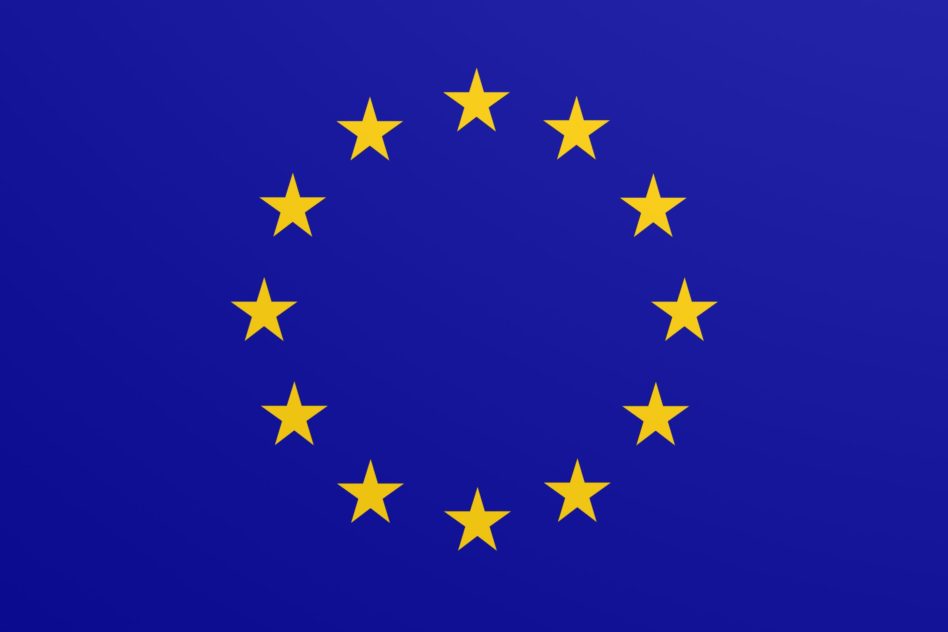
Co-funded by the European Union
Food news!
The SIDUMEF partners are following closely related news and developments about, on one hand, intercultural dialogue on Mediterranean food and diet, and on the other, on transforming/adapting the food systems in the region (and beyond) towards sustainability and the SDG 12.3.1 on food loss and waste.
The 2021 Food Systems Summit
In 2021, UN Secretary-General António Guterres will convene a Food Systems Summit as part of the Decade of Action to achieve the Sustainable Development Goals (SDGs) by 2030. The Summit will launch bold new actions to deliver progress on all 17 SDGs, each of which relies to some degree on healthier, more sustainable and equitable food systems. The term “food system” is used to include activities involved in producing, processing, transporting and consuming food. “The health of our food systems profoundly affects human health as well as the health of the environment, economies and cultures. When they function well, food systems have the power to bring us together as families, communities and nations. However, too many of the world’s food systems are fragile, unexamined and vulnerable to collapse, as millions of people around the globe have experienced first-hand during the COVID-19 crisis. When the food systems fail, the resulting disorder threatens education, health and economy, as well as human rights, peace and security. As in so many cases, those who are already poor or marginalized are the most vulnerable”.
More on the UN Food Systems Summit at https://www.un.org/en/food-systems-summit
Promoting food systems transformation in the Mediterranean towards 2030
The transformation of our food systems is essential to achieve the Sustainable Development Goals (SDGs) and will only be possible if all relevant stakeholders work together! This was recognised by FAO, CIHEAM and the Union for the Mediterranean (UfM) who joined forces from January 2021 on, to boost progress on the 2030 Sustainable Development Agenda across the Mediterranean, in the framework of the 2021 UN Food Systems Summit.
Read more here
App Eliminates Food Waste!
Too Good To Go, is a food app committed to ending food waste. The app serves as a marketplace for hungry users looking to score “surprise bags” from restaurants dealing with a surplus of food. Instead of a bakery, for example, tossing away its unsold baguettes and croissants at the end of the night, a bread-loving consumer may pop into the app and purchase the goods at a fraction of the market rate. Too Good To Go calls its commitment to reducing food waste, trading otherwise trashed food for profits for business owners and boosting savings for hungry consumers a win-win-win.
Beyond saving meals in these surprise bags, Too Good To Go has challenged itself to become a global resource for food waste, establishing a Knowledge Hub and a range of educational food waste tools for school- and university-aged students. It’s also influencing food waste at a policy level, zeroing in on bringing consistency and clarity to the confusing world of “use by” vs. “best before” vs. “sell by” expiration labels. Food waste due to confusion over date labels is not insignificant – a 2018 European Commission study found that 10 percent of food waste in the European Union can be traced to people misinterpreting these labels.
Read more here
(C) https://www.triplepundit.com
Take-out food is littering the oceans
Plastic from take-out and delivery food is littering rivers and oceans – but straws are not the worst offenders, according to a new study. Scientists analysed global inventories cataloguing more than 12 million pieces of litter found in and around rivers, oceans, shorelines and the seafloor.
They found 8 out of 10 items listed were made of plastic. And 44% of this plastic litter related to take-out food and drinks: Single-use bottles, food containers and wrappers, and plastic bags made up the biggest share, found in rivers, on the deep seabed, on shorelines and floating off the coasts.
Measures to cut plastic pollution have focused on the likes of straws, cotton buds and drink stirrers, however, the researchers recommend also tackling plastic from take-out food and drink.
Read the whole article here
(C) BBC News, 11 June 2021
Attention farmers: Leaving crop residues to rot may help for climate mitigation!
A recent study on the new Nature Communications study sayshows that if farmers left crop residues to rot on the ground instead of clearing them away or turning them into compost, they could sequester larger amounts of carbon in the soil—one of the most promising pathways to bringing down global greenhouse gas emissions.
The findings follow on the heels of research earlier this year, which showed that even though global soils have been touted as one of our planet’s major and most essential carbon stores, they may actually be storing substantially less carbon than we’d always believed. The new research offers one potential route to counteract that trend and lock in more—and it’s all founded on an intriguing relationship between organic matter and fungi in the soil.
Credits: https://www.anthropocenemagazine.org, July 16th, 2021
UNEP’s Tips on how tweaking our diet can help save the planet!
Food is fundamental to life. But in a perhaps ironic twist, the things we eat are fueling some of the greatest threats to humanity’s survival. A growing body of evidence has found our industrialized food production systems are a source of pollution, a contributor to climate change and a cause of biodiversity loss. We can help change that, though.
Find in this article 10 simple things proposed by UNEP on what we can do today to lessen the environmental toll of your diet. Read here
Why Are Diets and Biodiversity Linked?
Biodiversity is crucial to societies worldwide. Plants produce oxygen and store carbon—both important for climate regulation and creating breathable air—but they also release water and volatile compounds into the atmosphere, which in turn influence cloud formation and rainfall. Biodiversity enables carbon to be stored in soil and maintains soil fertility. It provides food we eat directly and supports the production of food in agriculture through pollination, pest control and soil health. Biodiversity also provides important cultural and well-being benefits: many societies recognize iconic plants and animals as culturally important and throughout the COVID-19 lockdown, hearing singing birds has lifted the hearts of people around the world.
Credits: FoodTank – the Think Tank for Food



